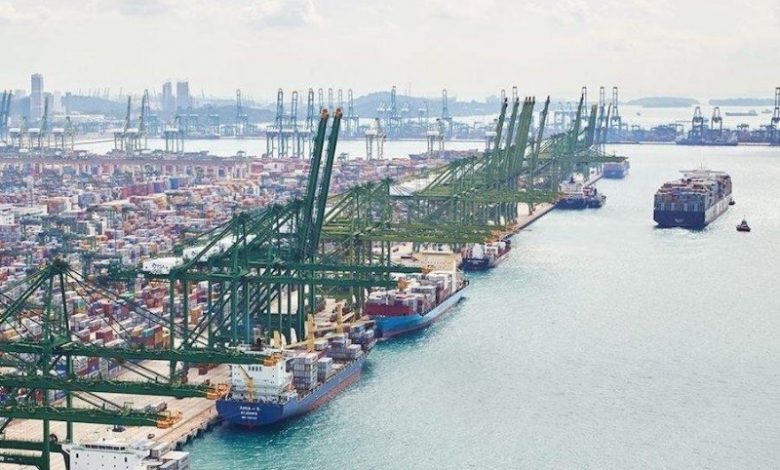Why ports must digitise

Alexandra Anagnostis-Irons, founder of Total Marine Solutions, writes for Splash today on the importance of sharing data.
Recognising the trend toward port digitisation, the British Ports Association (BPA) and the Port of Rotterdam recently published a joint smart ports paper that examines the four levels of the Digital Maturity Model, defining the steps ports go through in their digitisation journey.
A clear message throughout is that sharing data makes processes stronger, reduces waste and makes port operations more efficient.
Even though it’s clear digitisation can lead to greater efficiencies, help to reduce costs, and provide numerous environmental benefits, ports, and the maritime industry in general, have still been slower to adopt digitisation than other industries.
Fear of creating a competitive disadvantage is one reason the shipping industry has been hesitant to share data. The lack of trust among stakeholders, concerns about data ownership, as well as very real cyber security risks are all contributing factors.
What some still fail to recognise, though, are the benefits of data sharing. It can assist with the planning, execution and monitoring of activities throughout a ship’s entire port call. Collaboration between ports about cargo locations, arrival and departure times of ships, and any delays that may occur enhances the digitalisation effects and benefits.
Regulations and guides must not only be clear and enforceable, they also must be readily available. Currently, port information is distributed to ships via email, word of mouth, or documents kept in back-of-bridge binders that may be inaccurate or out of date. Digitisation solves this challenge and provides decision makers with current, critical information.
This allows for better planning, thus avoiding costly mistakes and accidental environmental damage.
While digitisation can solve challenges for ports, for it to be truly effective and seamless, in addition to collaborating, uniform standards are required. In April 2019, the Digital Container Shipping Association was formed to help meet these goals by driving interoperability and standardisation in the container shipping industry.
This is a positive step for one sector of the maritime community, but there is still much work to be done before industry stakeholders will feel comfortable transparently sharing information.
Port digitisation will be for operations and shipping what the birth of modernised container shipping was to the industry more than 60 years ago. Collaboration and standardisation will be required to make this happen and will help foster the sharing of data.
